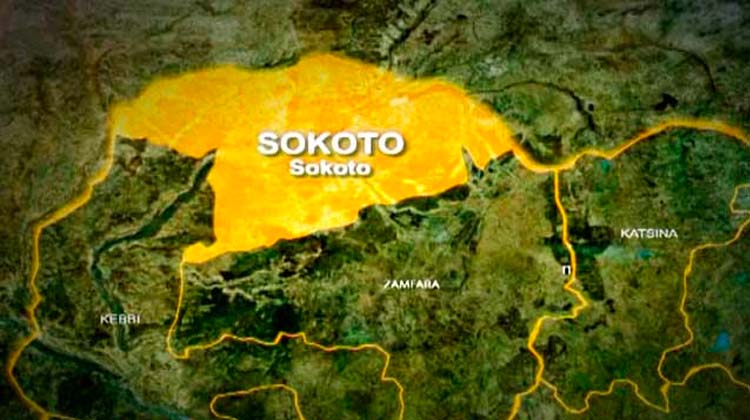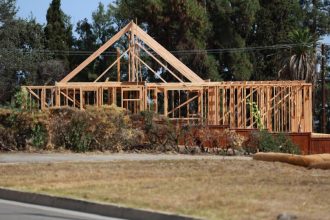Youth in the Shagari Local Government Area of Sokoto State say they will mobilise for self-defence in view of the rising attacks by bandits, who have killed many and sent hundreds away from their communities.
The development follows a series of coordinated raids earlier this week that emptied several villages and forced hundreds of families to flee to temporary camps.
Officials of the National Emergency Management Agency and the Sokoto State Emergency Management Agency, after assessing the situation, confirmed the displacement during a visit to the 30 Houses Estate in Shagari town, now serving as an overcrowded shelter for internally displaced persons.
Community leaders, including the Hakimin ‘Yan Dundaji, Malam Muhammad Bello Magaji, and the Maigarin Tungar-Barke, Muhammadu Tudu, listed the worst-hit villages as Tungar-Barke, Lungu, Aske-Dodo, Tungar-Doruwa, Zango, ‘Yan Yandu, Tungar Na’anza, and Ila.
Farmlands, livestock, and personal belongings were abandoned as residents fled in panic, worsening food insecurity and economic hardship in the area.
Against this backdrop, local youths convened an emergency online meeting this week where they accused government of failing in its constitutional duty to protect lives and property.
In a statement issued after the meeting, youth activist Bello Bala Shagari, grandson of former Nigerian President Shehu Shagari, said frustration had reached a tipping point.
“The government has done little to protect us. We cannot sit idle while our people suffer. Self-defence may be our only remaining option,” he declared, stressing that while youths preferred peaceful solutions, the level of killings, kidnappings, and forced displacement had become intolerable.
The group said preparations for possible community self-defence measures were already under discussion and warned that unless urgent steps were taken, locals would resort to protecting themselves.
They called on the Sokoto State Government and the Federal Government to immediately deploy more security forces, restore safety in affected communities, and facilitate the safe return of displaced persons.
Security analysts, however, have cautioned that while community-based self-defence can provide a sense of immediate protection, it also carries the risk of escalating violence if not coordinated with formal security agencies.
Without structured oversight, such initiatives could spiral into vigilantism or trigger reprisals from armed groups.
For now, Shagari town and surrounding villages remain tense, with families crammed into makeshift shelters and youths warning that time is running out for government to act decisively against the bandits.









